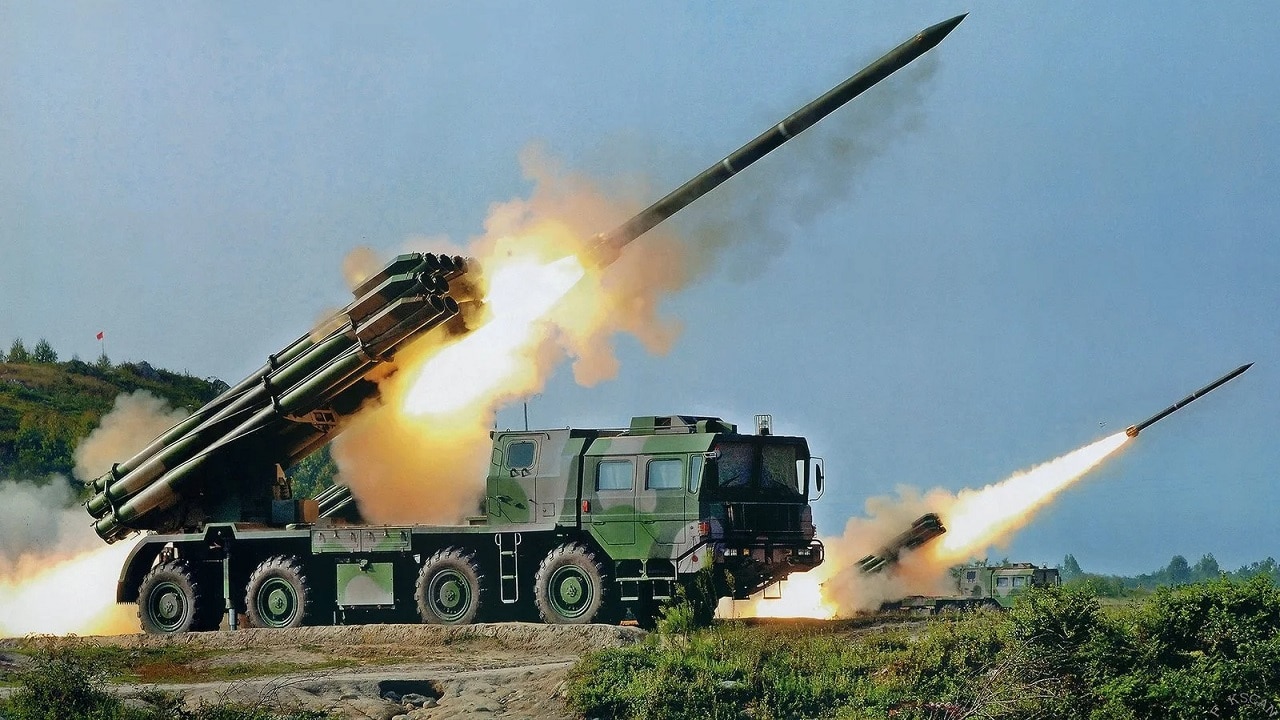Latvian and Estonian legislators voted unanimously on Thursday to declare the killings of thousands of Ukrainian civilians by Russian armed forces to be acts of genocide. The two countries are among the first to take the step of declaring Russia’s intentional targeting of civilian population centers, infrastructure, and even humanitarian convoys to be acts of genocide.
What Does Genocide Mean?
The term “genocide” was coined in 1944 by Polish legislator Raphael Lemkin. It was originally created, in part, to define the policies of Nazi Germany, which included the systematic murder of Jewish people in the Holocaust.
In 1946, the term was recognized by the United Nations when it was recognized as a crime by the U.N. General Assembly. The crime was then codified in the 1948 Convention on the Prevention and Punishment of the Crime of Genocide.
The U.N. Genocide Convention’s definition of genocide is used all over the world and is identical to the definition offered by the Rome Statute of the International Criminal Court’s Genocide Convention.
The definition is as follows:
“In the present Convention, genocide means any of the following acts committed with intent to destroy, in whole or in part, a national, ethnical, racial or religious group, as such:
- Killing members of the group;
- Causing serious bodily or mental harm to members of the group;
- Deliberately inflicting on the group conditions of life calculated to bring about its physical destruction in whole or in part;
- Imposing measures intended to prevent births within the group;
- Forcibly transferring children of the group to another group.”
The crime does not need to take place during a time of war, however in most cases, the crime will take place during an invasion or military conflict.
The destruction of an ethnic, racial, religious, or national group must take place with the intent to destroy, either in whole or in part. It typically involves the purposeful killing of members of targeted groups or the causing of serious bodily or mental harm.
The living conditions of a particular group may also be targeted, with a view to making life difficult or impossible, as well as imposing measures that prevent births. The transferring of children from one group to another also falls under the definition of genocide – which many could argue Russia is already guilty of.
While the Kremlin continues to deny that Russian soldiers are purposely targeting civilian buildings and hospitals, Russian legislators do not deny that Ukrainian children have been taken into Russia where they will be taught to speak Russian.
In March, Kyiv claimed that thousands of Ukrainian children had been “kidnapped” by Russian forces from the eastern regions of Luhansk and Donetsk. In a viral video, Russian Senator Lilia Gumerova said that Ukrainian children “adopted” by Russians will be put through summer schools to “liberate their tongues” and learn to speak Russian.
What the Decision Mean
At present, the decision won’t change facts on the ground for the moment. The United States and most NATO allies have not followed suit and show no sign of immediately following suit, at least until the International Criminal Court and potentially American courts rule on evidence currently being collected by multiple international agencies.
A formal investigation into alleged war crimes and crimes against humanity by Russian troops in Ukraine was opened only four days into the invasion on February 28.
Jack Buckby is a British author, counter-extremism researcher, and journalist based in New York. Reporting on the U.K., Europe, and the U.S., he works to analyze and understand left-wing and right-wing radicalization, and reports on Western governments’ approaches to the pressing issues of today. His books and research papers explore these themes and propose pragmatic solutions to our increasingly polarized society.

